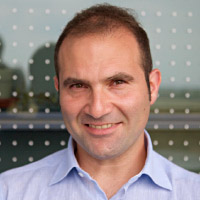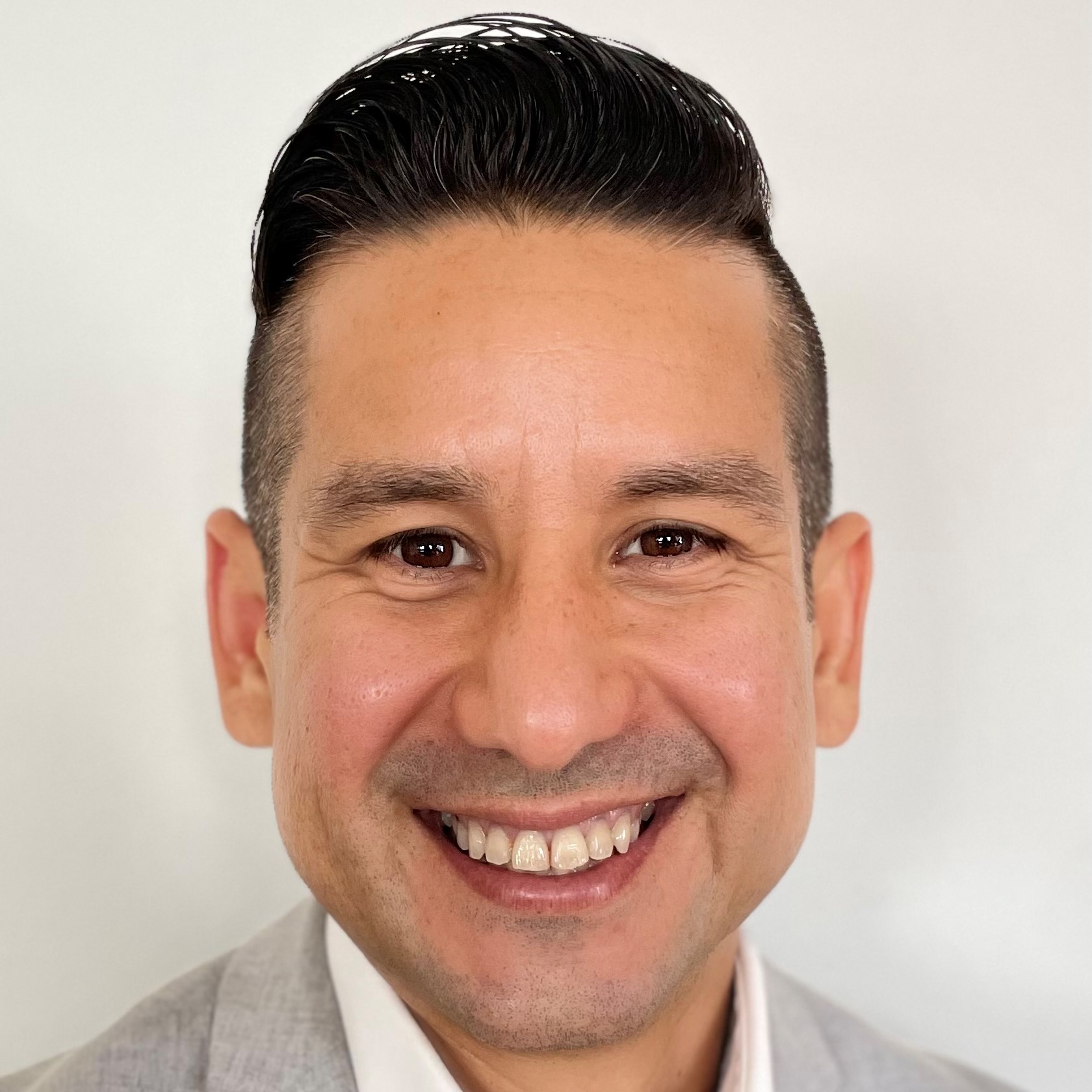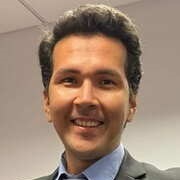Develop key expertise in the operation, planning and design of low-carbon power systems and energy markets with deep penetration of renewables, distributed energy resources, and smart grid technologies.
Specialisation Teaching Team
These are the lecturers who guide you through the subjects and context bespoke to this specialisation. They are part of the greater teaching team who you meet along your journey through the foundational subjects, your chosen electives, and your capstone project.
This specialisation is an essential learning/skills development ingredient for future power system practitioners within an emerging low-carbon electricity supply ecosystem. Our experience with the University of Melbourne in Project EDGE (where we are developing a cutting edge Marketplace for Distributed Energy Resources) has shown the exceptional depth and quality of knowledge, research and leadership that can be applied in this area. John Theunissen, Manager DER Integration, AusNet
Specialisation Structure
The following table lists the subjects required to achieve the Low-carbon Power Systems Specialisation of the Master of Electrical Engineering degree. The table shows the suggested order of taking the subjects, with start and mid-year entry possible. Based on your bachelor's degree, you may be awarded advanced standing for the subjects grouped under Year 1, or part thereof.
The program shown in the table above is built up of the following parts:
- Nine foundational subjects that are core to all specialisations of the degree. The foundational subjects are the eight subjects indicated in Year 1 of the table plus the Embedded Systems Design subject, which together provide you with a solid foundation from which to specialise.
- Six subjects that are bespoke to achieving the Low-carbon Power Systems Specialisation, described in more detail below. These subject build upon the foundations of electrical engineering.
- An individualised capstone project that is an outlet for all the expertise you have developed, described in more detail below.
- A selective subject that focuses on professional skills development, described in more detail below.
- Six elective subjects to explore your interests and develop expertise across any of our specialisation areas, recommendations provided below.
Low-carbon Power Systems Core Subjects
The following explains how the topics covered in these subjects are synchronised to develop your low-carbon power systems expertise.
You will start building your background knowledge of modern power systems through the two fundamental subjects on Control Systems, which is essential to understand the operation of basically any engineering systems, and Introduction to Power Engineering, which introduces the physics and engineering of the main power system components.
Equipped with the relevant theoretical and applied tools and knowledge, you'll then study a trio of core subjects: Power System Analysis, which is the heart of any power system course and where you’ll study power flow, fault analysis, and control and stability of low-carbon grids; Power Electronics, where you’ll learn about the fundamental bricks of modelling and control of inverter-based resources that characterise the interfaces of most renewable energy sources, such as wind and solar photovoltaic, as well as new technologies such as batteries and hydrogen electrolysers; and Low-Carbon Grids: Operation and Economics, in which you’ll then learn about the techno-economic aspects that drive system operation and energy markets of a grid dominated by low- and zero-carbon technologies, and develop and use relevant modelling tools.
Finally, in Grid Integration of Renewables, which is project-focused, you’ll have the chance to apply the expertise you would’ve developed in the previous units to integration of utility-scale renewable energy sources and distributed energy resources into power systems, covering technical and economic aspects, operation and planning, and system-level and distribution network applications.
Capstone
Core to all specialisations is the year-long capstone project that is completed in teams of 3 or 4. Through the capstone project you and your team develop solutions to an unsolved problem. The project is tailored to your interests, ranging from: research and development projects proposed by our world-class academics; to multi-team projects that partake in international and local competitions; to innovative projects proposed by you. See the handbook entry for further details.
Professional Skills
To develop and strengthen the skills necessary to operate as a professional engineer upon graduation, you take one of the following subjects.
Elective Subjects
In addition you choose 6 elective subjects to explore your interests and develop expertise across any of our specialisation areas. The following subjects are recommended as a complement to the Low-carbon Power Systems Specialisation:
Sample Course Plan
See the sample course plans on the University of Melbourne Study page for more details.


